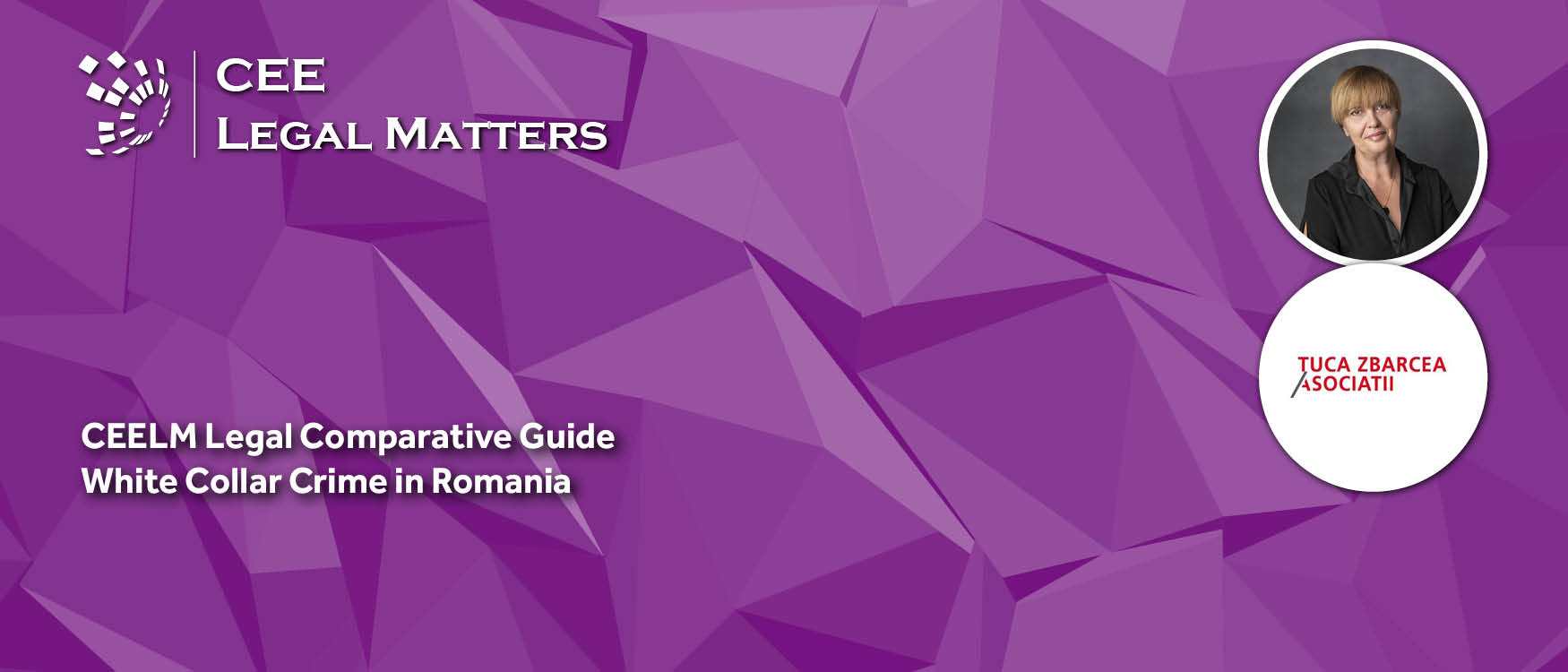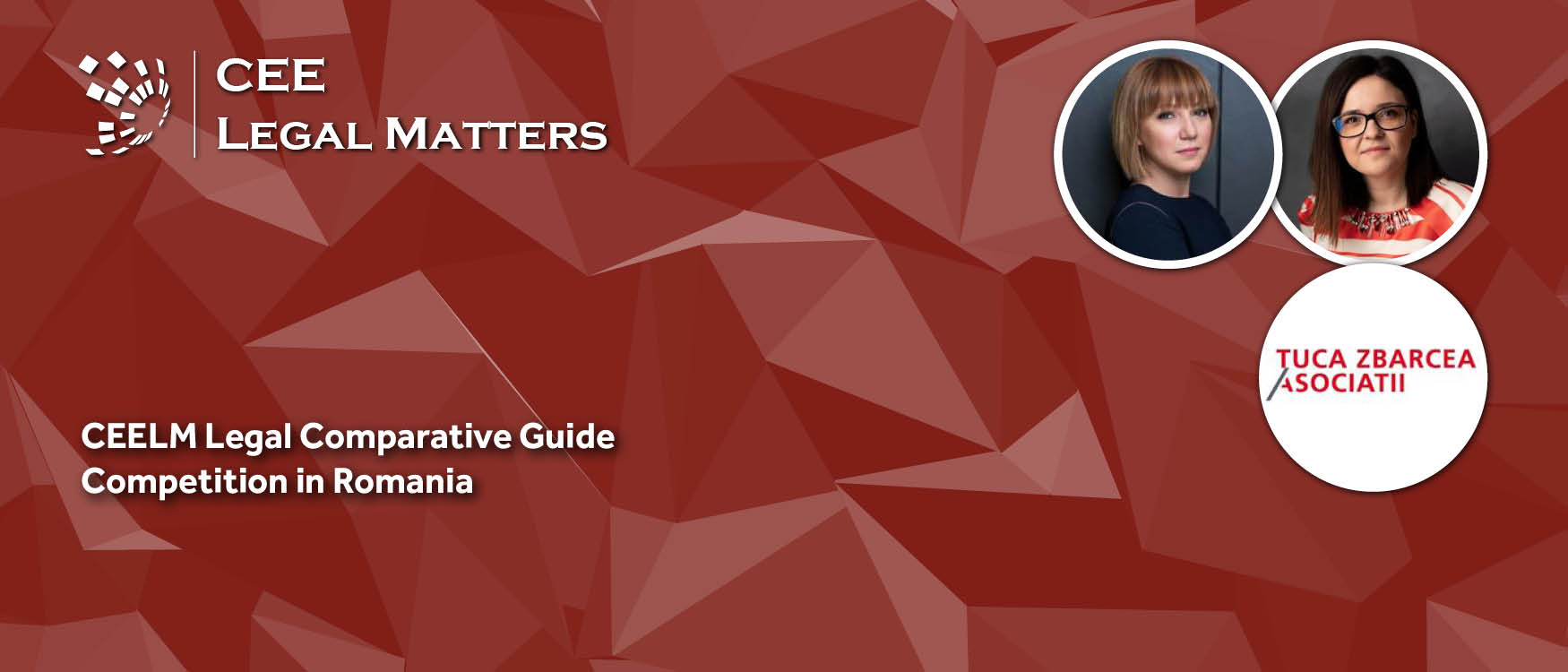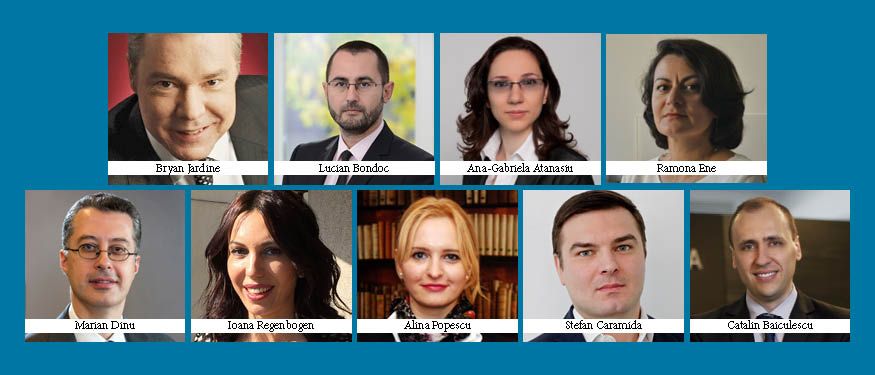While international private equity players still dominate blockbuster deals in CEE, locals and regional players are gaining more and more ground – especially in terms of volume. PRK Partners Co-Head of Corporate and M&A Practice Group Milan Sivy, Tuca Zbarcea & Asociatii Managing Partner Gabriel Zbarcea, and Avellum Managing Partner Mykola Stetsenko provide an in-depth analysis of the PE landscape in the Czech Republic, Romania, and Ukraine.
CEE Legal Matters Round Table on ESG: Finance Goes Green
On July 12, four leading lawyers from Croatia, Lithuania, Poland, and Romania sat down for a virtual round table moderated by CEE Legal Matters Managing Editor Radu Cotarcea to discuss the latest in ESG developments with a focus on green financing, its regional and local drivers and roadblocks, its impact on non-financial reporting, and what it all means for the legal profession.
White Collar Crime Laws and Regulations in Romania
Contributed by Tuca Zbarcea & Asociatii.
Competition and Competition Litigation Laws and Regulations in Romania
Contributed by Tuca Zbarcea & Asociatii.
Romania Rebounding: A CEELM Round Table
On April 8, 2021, CEE Legal Matters sat with senior partners from four of Romania’s leading law firms for a Round Table conversation.
Romanian Round Table: Confidence with Qualifications
On Tuesday, July 11, 2016, ten senior Romanian lawyers gathered at the Bucharest office of Wolf Theiss for a CEE Legal Matters Round Table to discuss the state of the Romanian economy, the Romanian legal market, and their expectations for the future.







